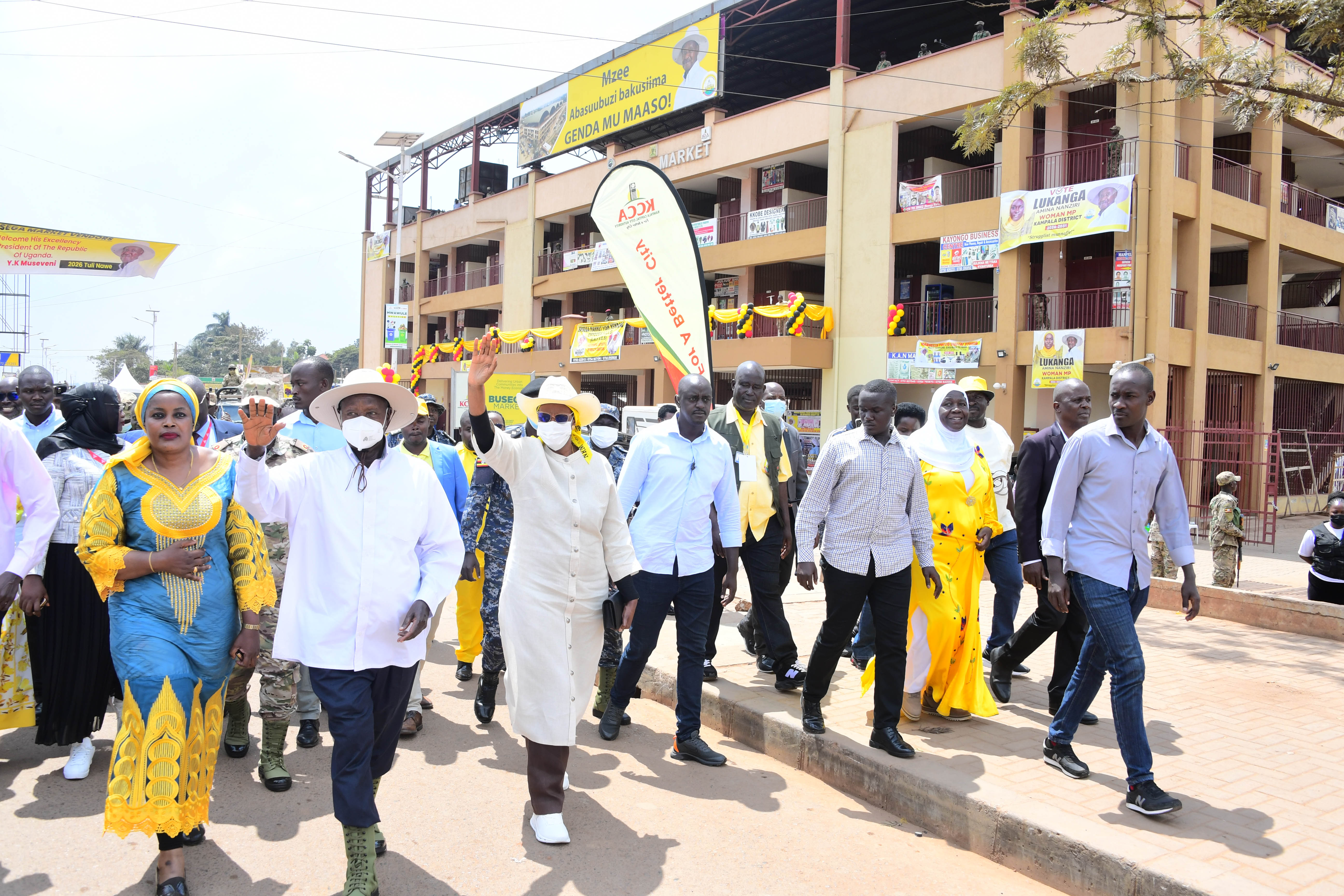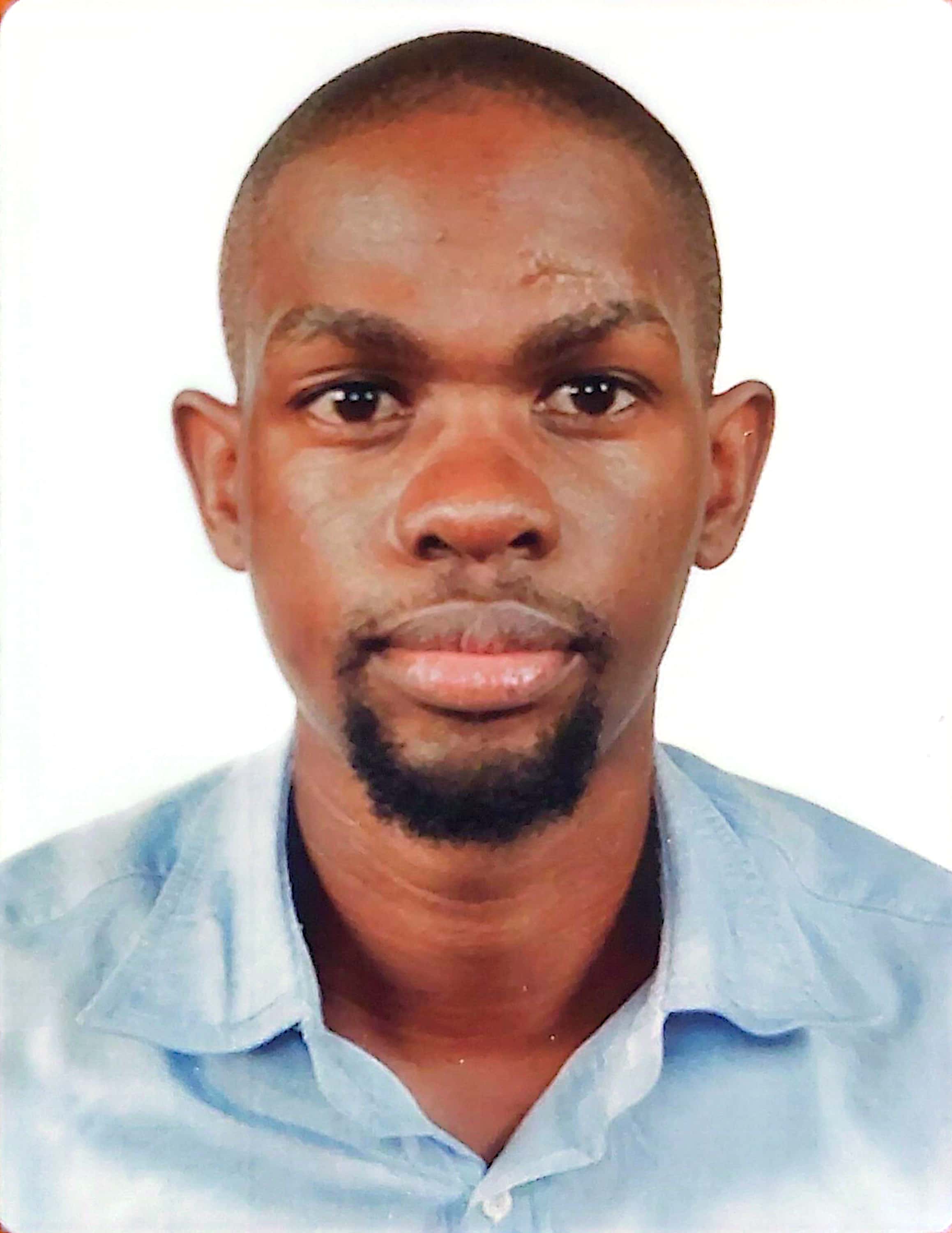GOVERNMENT TO PARTNER WITH JOURNALISTS TO SAFEGUARD PDM PROGRAM
President Yoweri Kaguta Museveni has today unveiled a new directive that positions the media as a vital force in safeguarding the Parish Development Model (PDM) from corruption and inefficiency.
According to the President, the government will begin working more deliberately with journalists to monitor PDM implementation, investigate theft, and help citizens understand the purpose of the program.
“To have some journalists act as spies for the PDM fund, help us get the news about the PDM. Help us get information and attach journalists per zone like Wakiso. I will make a directive,” he said.
“We must defeat corruption. There must be investigations to confirm theft. Journalists should help us with all the information that we need. It must be confirmed, and we are going to put in energy.”
He made the remarks while engaging Journalists from Wakiso District at State Lodge, Nakasero.
President Museveni added that he would brief the cabinet on this proposal to formalize the collaboration, emphasizing the need for journalists to play a watchdog role in development.
The President described the PDM as an experimental model that has shown potential to transform rural livelihoods and lift millions out of poverty. Building on earlier programs such as Entandikwa, NAADS, and Operation Wealth Creation (OWC), PDM was designed to empower households directly.
“PDM has just been tested. It’s been an experiment, and it seems it’s working. So, these few that have worked we are going to put in more effort,” he said.
He admitted that previous interventions had been derailed by misconduct.
“The soldiers in OWC worked well but started getting complaints that they were serving themselves the coffee seedlings and others. So, I resorted to PDM,” he said.
President Museveni announced that additional support would be extended to communities where PDM is active, including boreholes, animal feeds, and other infrastructure.
“We have noticed that the beneficiaries are lacking water. We will need boreholes in the villages, micro, not communal. So we are going to add in more money and other support,” he pledged.
He also warned that individuals who embezzled PDM funds will face serious consequences.
“Those that stole PDM funds, we are going to sell their property, they will return our money, and they will be jailed,” he vowed.
Furthermore, President Museveni acknowledged the unpaid efforts of local leaders who oversee PDM implementation and hinted at targeted support.
“Sh100 million for the wanainchi, we are going to add for the leaders,” he said.
He stressed the importance of prioritization in national development, noting that civilians often demand too many things at once.
“Civilians like working on everything at once, which is not possible. However, we the fighters, we prioritize. Someone has been talking about Wakiso city. If today we have to work on all that and we don’t have money, what shall we do? Why don’t we do something that can be a foundation for the rest?” he inquired.
President Museveni therefore urged journalists to help sensitize citizens on the difference between public services and private wealth.
“Development is for all of us. Wealth is for an individual. Each home must work for wealth,” he said.
Reflecting on traditional values, the President drew from his Banyankole heritage to illustrate the concept of “okwombeka”, the art of building a life.
“Okwombeka is not just about building a house. It’s about building a life, creating wealth, marrying, raising children, and then putting up a house. But when I came here, I found that many people, especially leaders, only talk about roads and electricity.”
He warned against land fragmentation, calling it a symptom of ignorance.
“My own mother, who was a traditional woman, changed after joining Christianity. She learned to boil milk, iron clothes, and knit. If she could change, why can’t we?” he wondered.
President Museveni noted that although many Ugandans subdivide their land for short-term needs, long-term wealth will come from manufacturing and services, as it has been the case in developed countries.
Drawing from his recent tours in Agago, President Museveni also expressed frustration over the lack of coordination between citizens and security forces, especially in reporting thefts like cattle rustling.
“A person would report that my cows are stolen in the morning when time has already passed. The thieves have already taken the cows. You find that there is a lack of coordination,” he said.
He illustrated the importance of timely reporting by citing the recent tragic murder of David and Deborah Florence Mutaaga in Entebbe.
“The killer came, entered the house, attacked the husband, fought for some time until he killed him, climbed and found the wife on the phone calling relatives,” he said.
President Museveni thus called for sub-county-based policing, encouraging the public to contact police immediately during emergencies instead of calling relatives.
“Even if the criminal has left, the sniffer dogs are there, there are also CCTVs. So therefore, we finished off those criminals in Masaka, and Kidawalime, the chief criminal, was defeated,” he said.
As a gesture of support, President Museveni pledged Shs100 million to the Wakiso Journalists SACCO and a minibus to ease transportation challenges.
Mr. Tony Ngabo, the Chairperson of Wakiso Journalists SACCO, thanked the President for visiting Wakiso during the week of activities related to the Parish Development Model and Emyooga programs.
He said journalists were not only reporting on the programs but were also active participants and beneficiaries.
“For a long time, journalists had been like signposts, only pointing people to stories and developments. But today, because of your poverty alleviation programs, we are now part of the money economy,” Mr. Ngabo said.
He highlighted the impact of the Emyooga Journalist SACCO, which received Sh30m and has recorded several success stories.
One example, he said, was journalist Peter Kiiza, who, alongside his wife, used the funds to expand their retail shop and improve their household income.
Mr. Ngabo also cited success in Nansana Division, where journalists started a tent and chairs business that earns Sh500,000 per month.
In Bweyogerere, he highlighted that the SACCO has supported members to venture into livestock farming, including goats and poultry.
“We have moved from just looking for news. We have entered the money economy. We have a Mother SACCO, and in divisions like Bweyogerere, our members have bought goats, chickens, and are now self-reliant.”
However, he mentioned that some journalist SACCOs had not yet received funding.
“There are SACCOs that haven’t yet benefited. They haven’t received money, and we ask that the government supports them too,” he asked.
Mr. Ngabo also revealed that the Wakiso SACCO had recently purchased land in Luweero at Sh15m, where they have started a piggery project as a long-term investment.
He requested government support to ease their transport challenges, saying most of their income was being spent on movement to cover events and economic activities.
“Most of our money goes into transport. We need help with transportation to support our work and projects,” he said.
2025-07-13



.jpg)

.jpg)


